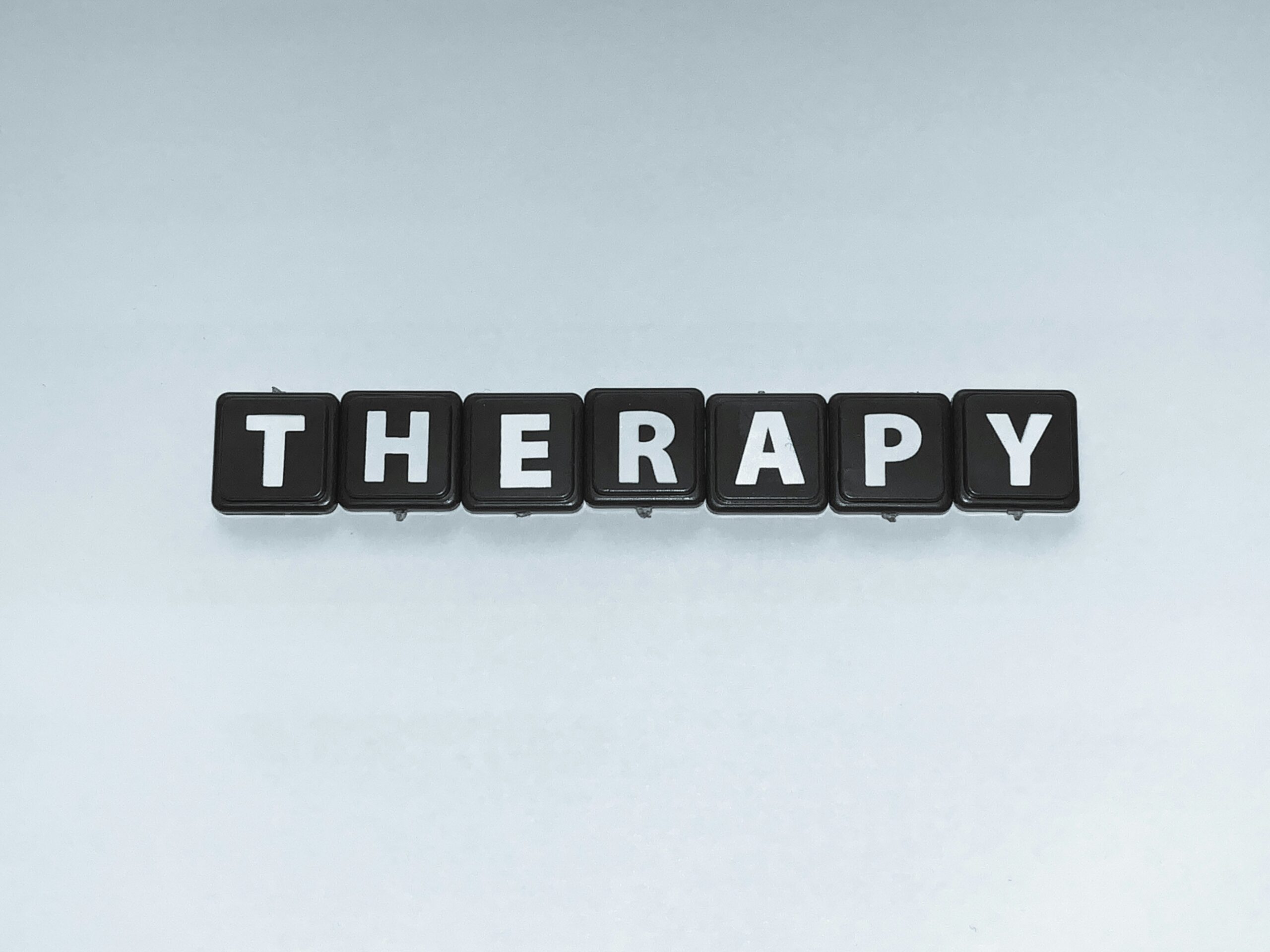by Anna Stewart LMSW

Eating disorders are intricate conditions that intertwine medical and mental health challenges. It is vital to acknowledge that these disorders are not a choice; they are serious illnesses that demand our compassion and informed intervention. For too long, treatment has focused predominantly on physical health. However, groundbreaking insights now reveal that integrating mental health services into treatment yields profound and lasting improvements in
recovery. Therapy is a fundamental pillar in the battle against eating disorders. Engaging in evidence-based psychological therapies has demonstrated remarkable efficacy in alleviating distress and reducing symptoms. These interventions are most powerful when incorporated into a comprehensive, multidisciplinary approach that combines medical care, nutrition guidance, and robust support systems. Involving family and caregivers in treatment enhances effectiveness, reinforcing the critical role of a nurturing support network.

Embarking on therapy can be a daunting experience, especially amid uncertainty or prior negative experiences. It’s perfectly normal to feel apprehensive navigating the emotional complexities that arise. To empower yourself, consider reaching out to your therapist before your
session to discuss your concerns or questions. This proactive engagement sets the stage for a fruitful dialogue, allowing you and your therapist to prepare for meaningful and constructive discussions. As therapists, our primary goal is to create a safe, nurturing environment where transformative change can flourish. Recognizing that change is often a gradual process is essential for building a strong therapeutic alliance. Each person’s path to recovery is distinct; while some may grapple with resistance to change, others may eagerly embrace the therapeutic process. A skilled therapist keenly observes these dynamics, assessing progress within therapy sessions and in daily life. The heart of effective therapy lies in genuine empathy and
understanding. A proficient therapist not only possesses a deep understanding of psychological principles but also an awareness of the complexities surrounding eating disorders. Collaborating with registered dietitians ensures a holistic approach that addresses every facet of your health—physical, emotional, and psychological.

Remember, the journey toward lasting change begins with you. Recovery requires dedication and effort, but having a supportive therapist can catalyze your growth. Embrace the process and extend to yourself the grace, patience, and empathy you deserve. Recovery may be filled with ups and downs; some days will be challenging, while others will shine brightly. Each step forward, regardless of size, propels you closer to your goals. At Unbound Recovery, we believe wholeheartedly in your potential for transformation. You matter deeply, and your presence enriches the world around you. As you strive to become the best version of yourself, know that you are not alone. Your journey not only benefits you but also those who care about you. When you're ready to embrace change, we would be honored to guide you on your path to a healthier, happier life.
References
Anna Stewart , LMSW has an empathetic, compassionate counseling style and passion for serving those with eating disorders and body image issues. She is currently accepting new clients in Topeka and Manhattan.
Unbound Recovery is dedicated and committed to providing the best eating disorder treatment care to Kansas Residents. If you would like to refer clients to us, please fax referral information to: 785-534-5014. We will contact clients and get them scheduled for services. Our providers will provide updates to you on a regular basis.